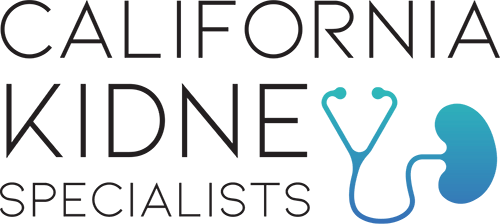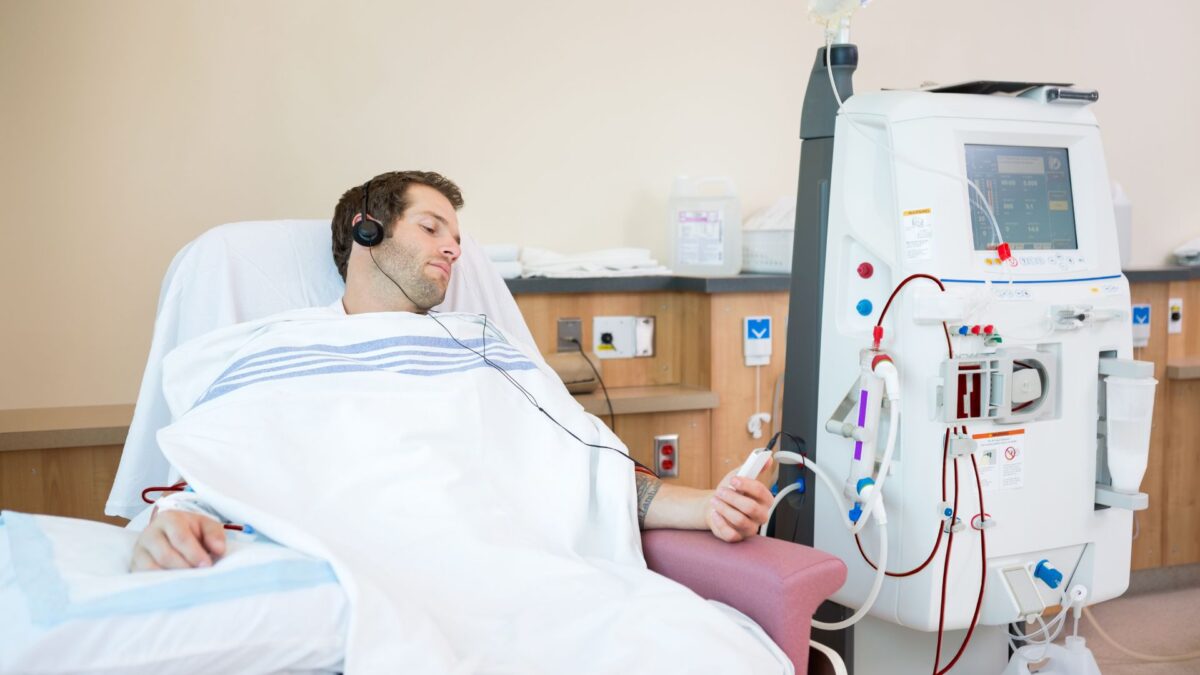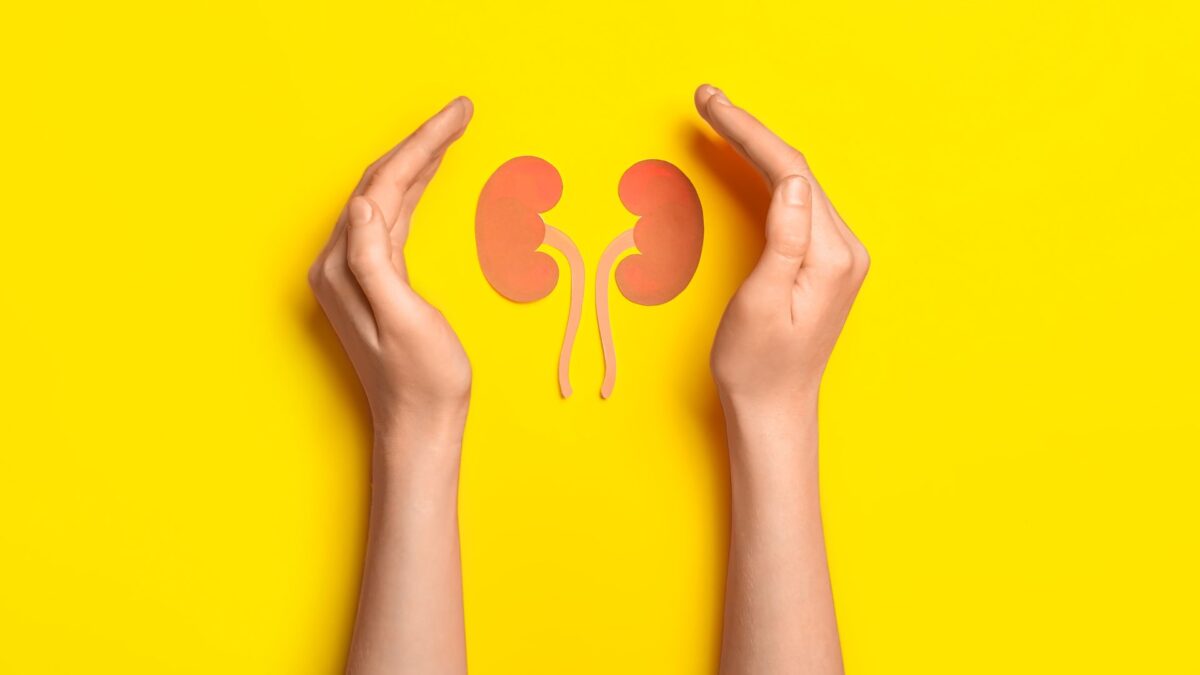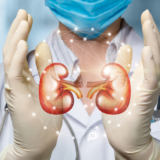Recent research has uncovered a strong association between mental health and kidney disease. Studies have found that individuals with depression, anxiety, and other mental health conditions are at an increased risk of developing kidney disease, and those with kidney disease are more likely to experience mental health issues.
The reasons behind this connection are not yet fully understood, but researchers believe that the stress associated with mental health conditions may contribute to the development of kidney disease. In addition, the physical effects of kidney disease, such as fatigue and pain, can lead to depression and anxiety.
Furthermore, individuals with kidney disease often require complex and time-consuming treatments, such as dialysis or kidney transplantation. The stress and burden of managing these treatments can also take a toll on mental health.
It’s important to note that the connection between mental health and kidney disease is bidirectional, meaning that mental health conditions can contribute to the development of kidney disease, and kidney disease can exacerbate mental health issues. Therefore, it’s crucial for healthcare providers to address both the physical and mental health needs of individuals with kidney disease.
If you or someone you know is experiencing mental health issues or kidney disease, it’s important to seek medical care and support. Treatment for mental health conditions and kidney disease can improve overall health and quality of life.
It’s great to hear that California Kidney Specialists has a team of experienced nephrologists, kidney transplant specialists, and kidney transplant surgeons in Southern California. With over 35 years of dedicated service, they likely have a lot of experience and expertise in managing kidney diseases and helping patients with kidney transplants.
It’s important for individuals with kidney disease to receive specialized care from healthcare providers with expertise in this area. Nephrologists are doctors who specialize in the diagnosis and treatment of kidney diseases, and kidney transplant specialists and surgeons have specialized knowledge and training in managing kidney transplantation






